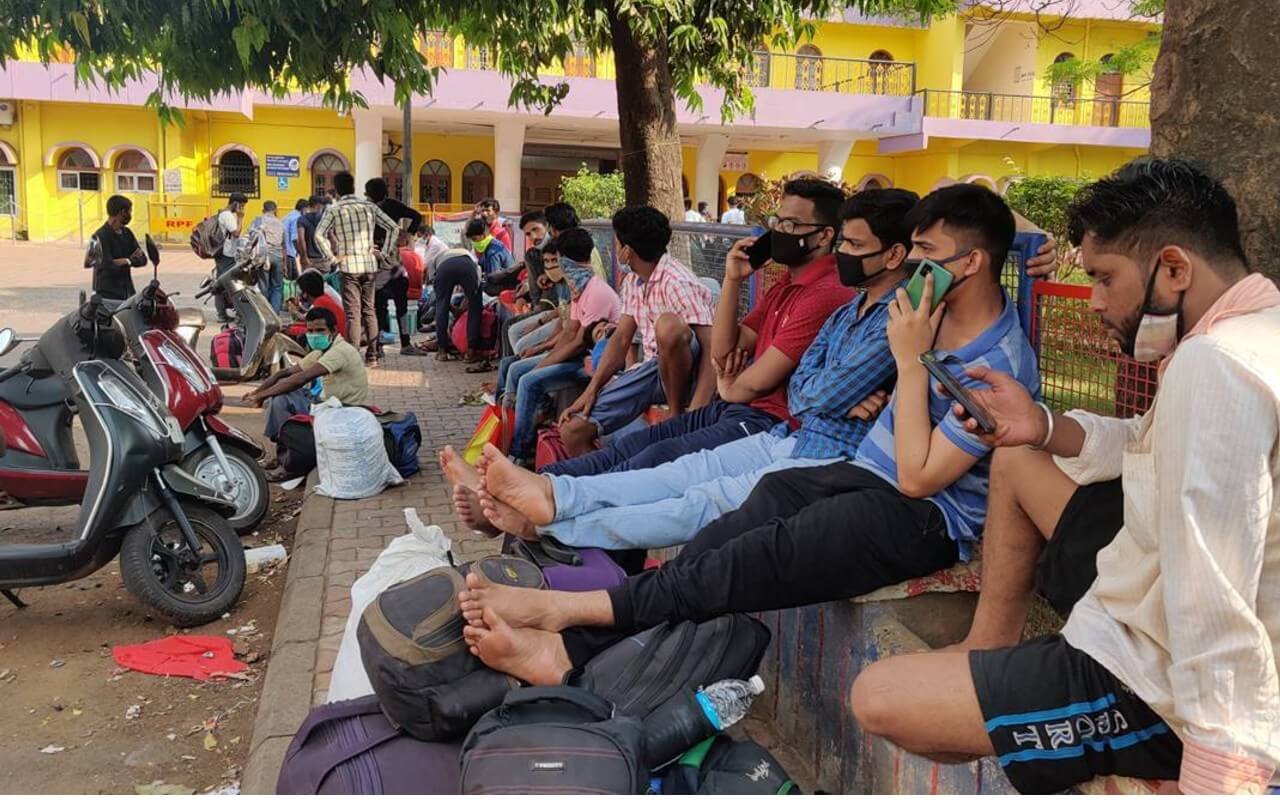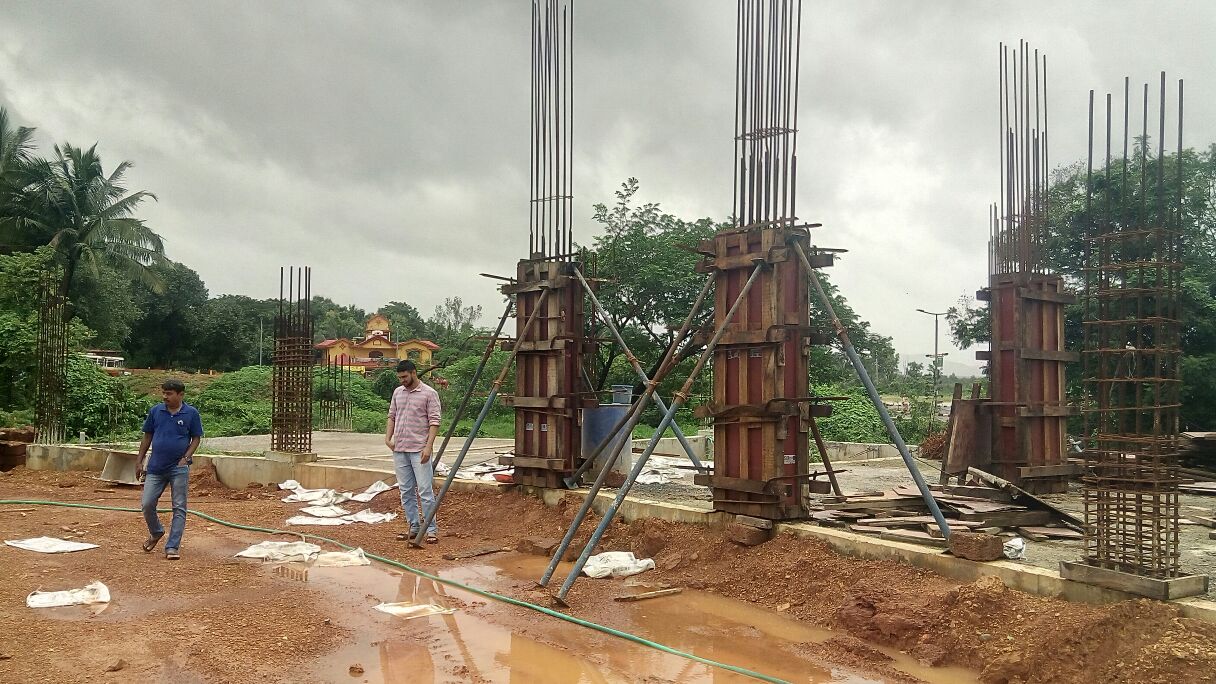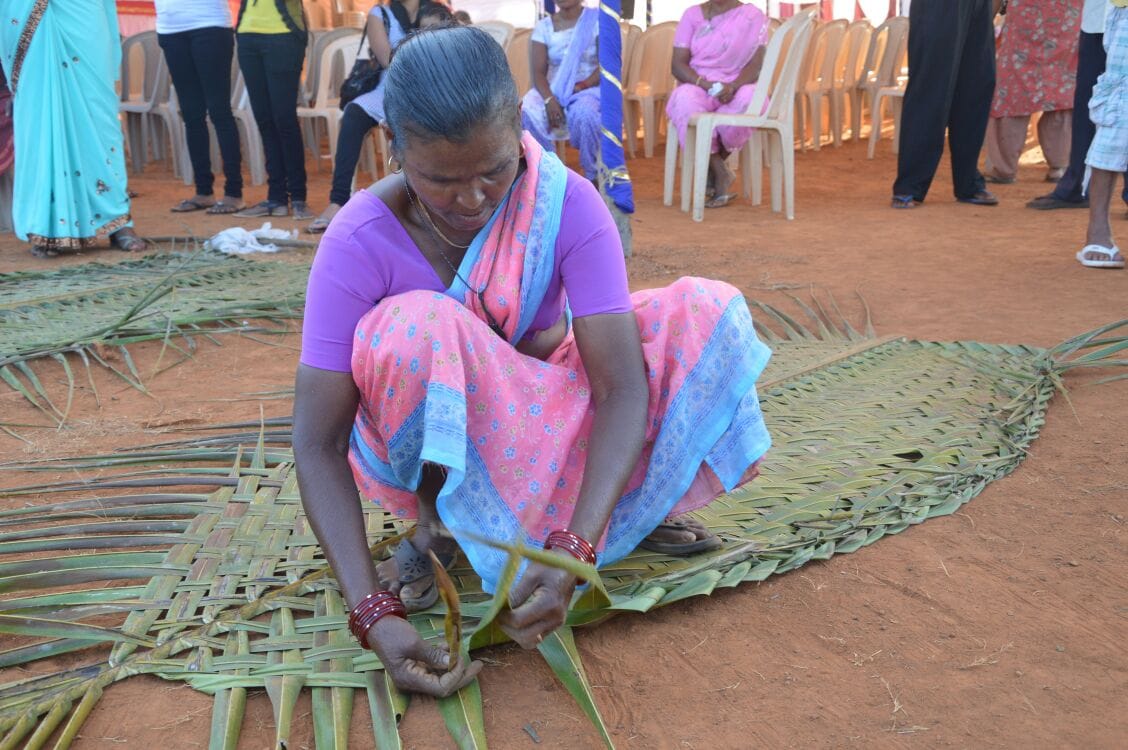Getting the flashback of last year’s lockdown the Migrant labours have started rushing to the Railway stations and bus stands to move out of the state before the condition worsens like it happened last year. After a 4-day long lockdown was announced in Goa on Wednesday by the Chief Minister, migrant workers began leaving for their hometowns with a massive crowd of migrant labourers gathered at the Vasco Da Gama Railway station.
This comes after the chief minister urged migrant labourers to not leave Goa as the lockdown is a shorter one and also assured them that the government will take care of their needs during this period.
However before the lockdown began Thursday evening, a sea of migrants flooded at the railway station to leave for their native places. Covid protocols went for a toss as people rushed to get into their trains while even the police could not manage the crowd.
The reasons that had brought many to the railway station without a reserved ticket were common – uncertainty, fear and more importantly, memories of last year when a nation-wide lockdown had forced migrant workers across the country to set out on a journey of thousands of kilometres on foot.
G Ramdas Gudmane, Station Manager at the Vasco-Da-Gama railway station said, “About 700 passengers (with reserved tickets) boarded the train yesterday but over and above that there must’ve been 200 people who wanted to board the train in the unreserved compartment. The Railway Protection Force (RPF) managed the crowd and we had to tell them that we cannot allow so many people to board the train without reservation.”
Railway officials also said the crowd was larger on Wednesday since the Vasco-Patna Express leaves just once a week and those going to Bihar or Uttar Pradesh preferred the train to others that may require more changes at different stations.
Ram Lal Yadav who runs a food stall outside the railway station said, “Today the crowd isn’t that much but yesterday there was no place to stand outside the station. Too many people wanted to get on the Vasco-Patna Express,” he said.
At the Vasco-Da-Gama station on Thursday afternoon, hours before the four-day lockdown announced by the Goa government kicked in at 7 pm, suitcases and rolled-up mats were seen stacked up outside the railway station. People were waiting to board the Howrah-bound Amravati Express that would depart only the next morning.
Aziz-Ur-Mulla sat on the floor outside the railway station in the scorching sun. His train to Howrah would depart only the next morning. “I have been working in Goa for 10-15 years now. We are daily-wage workers mostly engaged in construction work. Our employers also said that there won’t be much work. They have said four days but they always extend the lockdown. We cannot pay Rs 1,500 rent if we are stuck here without work,” said Mulla.
For daily-wage workers, work had become scarce over the last ten days, says Gulzar. “We have been without work for the last eight-nine days. We would stand near the market in Porvorim (North Goa) and wait for work. It would be work-related to roads, sometimes some work in people’s homes or laying cables but now the police hasn’t been allowing us to assemble near the market. And we have had a very bitter experience last year so we thought it’s best to be on our way home while we still can,” Gulzar added.
M D Bablu, a daily-wage worker from Jharkhand said, “We had no time to pack any food for ourselves. We just grabbed whatever we could and left. There is no place to stand in the compartment. But we remember what happened last year when the lockdown kept getting extended. At least if we go back to our village, we can be with our family. We have no farm or business back home but will first get there and then think what to do.”
Anwar Khan, a cook, was bound for home in Midnapore in West Bengal. He waited outside the Vasco-Da-Gama station with nine others who worked with him at a hotel in Calangute, North Goa’s popular tourist spot. “We were told by our employer 10 days back that we should be prepared for a lockdown. We even thought of booking flight tickets to go home but that would require a Covid negative report at least 48 hours before arrival that’s why we thought it was better to take the train,” said Khan. He said that he had not been paid his salary for April and the restaurant was unlikely to open for the next six months.
With this sudden lockdown and most of the migrant workers leaving the state in fear of lockdown extension, comes another issue yet again just like last year, during the first lockdown period. Small businesses and industries will get affected by the shortage of manpower. Also, it will make a huge blow on the real estate and other dependent industries of the state.
Goa’s already struggling economy will have to brace up for another jolt as the state stares at the exodus of migrants who form an integral part of the economic activities. While migrant workers employed with industrial units and in the organised sector are less likely to head to their native villages, labourers engaged in the informal sector, who make out a living on a day-to-day basis, are more likely to head home according to the statistics. There will be an abrupt impact on the economy because many of these workers are employed in the informal sector and they are desperate to go home. The issue is not just of them leaving, but will they choose to return given that we don’t know when the situation will improve.
Discover more from Incredible Goa
Subscribe to get the latest posts sent to your email.



























